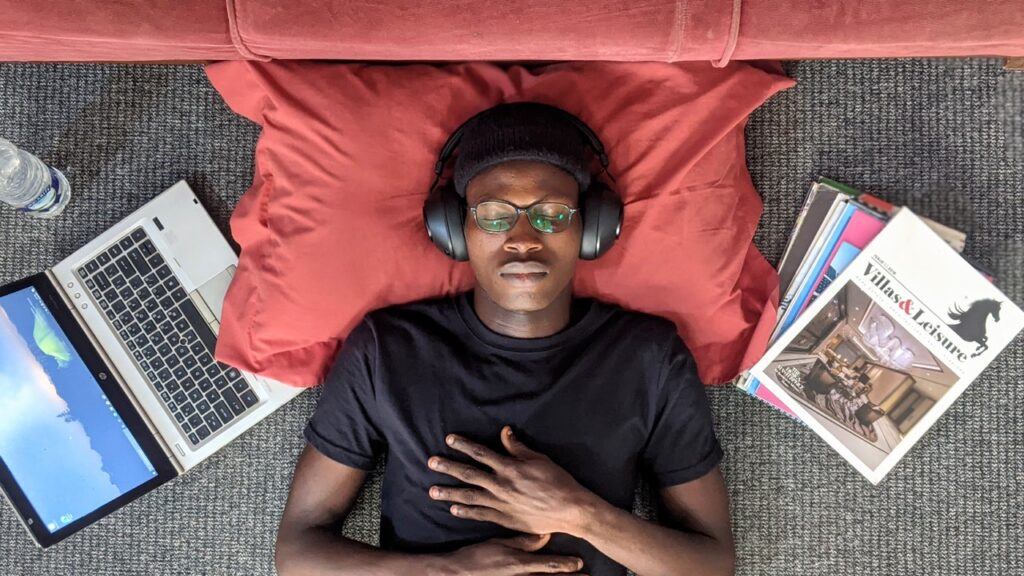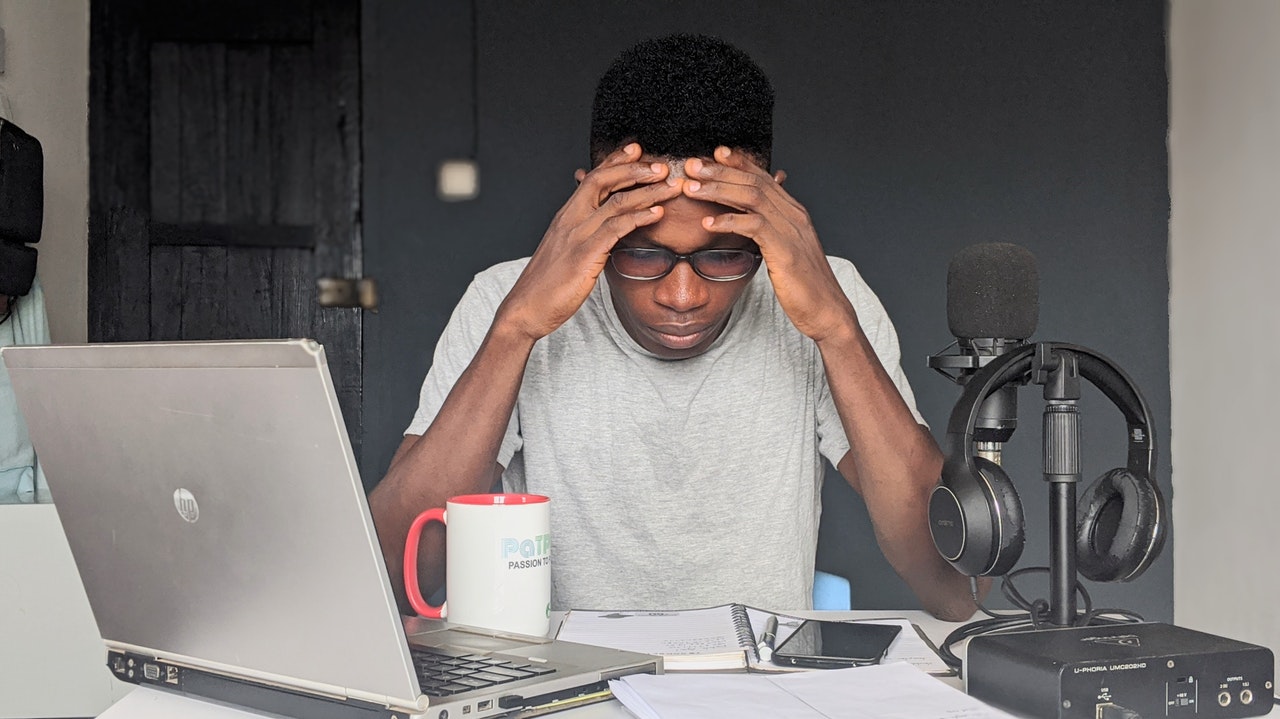Detoxing is also good on the web. To say this is not only the human instinct, but also a research published today in the US scientific journal Cyberpsychology, Behavior and Social Networking. In the paper, the researchers reveal that Fr.even just a week away from social networks to see less anxiety and depression.
The link between anxiety and depression and social media
Carrying out the analytical crusade against Facebook, Instagram, Twitter and TikTok was theUniversity of Bath, United Kingdom, which gathered 154 volunteers aged between 18 and 72 for the occasion. Only men and women were selected who admitted to connect at least once a day to one of the aforementioned portals. A peculiarity that, to tell the truth, is now almost universal.
The mental health of the subjects was recorded, so they were divided into two teams. To some have been asked to cease all social media activity for a period of one week, while the others continued to live their own routine and assumed the role of control group. We have already anticipated the result: within seven days, social abstinence significantly improved people’s well-being, easing their depression and anxiety values. It is an empirical demonstration of the short-term benefits of moving away from these relational systems which are often toxic and exhausting.

The time of the internet and human time
In addition to health, the volunteers who revised their Internet habits found themselves more or less on their hands eight hours of free time to be managed as they wanted. The browsing data stolen from the mobile phones of the participants in the research show that those who have been subject to restrictions have dedicated about 20 minutes to the use of social networks, while the others have poured into them on average more than seven hours.
With these data in hand, the researchers point out the peculiar ubiquity of these services, which impose a presence that is both manifest and invisible to the masses. It is about a consumption, often bulimic, devoid of awareness which, like all excesses, can cause harm to those wrapped up in the spiral of abuse. For this reason, the Bath academics are considering processing the research results to develop a clinical protocol useful to assist people afflicted by psychological ailments.
However, the road is long. Scientists will now try to understand how the suspension of social media influences different populations, whether homologous benefits are found even in the case of prolonged abstinence and what are the long-term effects of such an approach to digital.
The state of health of the research
That social media can do harm is now well known. Even the Big Techs that run them have drawn up surveys in which they link their product to potential repercussions on users’ mental health. At the same time, society is now so dependent on these tools that it is difficult to do without them, it would be uneconomical and impractical. In a world where scientific research is increasingly conditioned to the practical – that is, mercantile – applicability of the results obtained, it is not surprising that there are few institutions that probe the question and that those that do face economic hardships.
It should therefore be noted that what the British university found is the result of a very narrow research area and that the participants mostly share the same socio-cultural background, ie they are all English. It could be hazarded that the habits of the United Kingdom are similar to those of Europe as a whole, however this is a logical and speculative, not a scientific, juxtaposition.
At the same time it should be remembered that, as it is enjoyed today, digital communication is extremely important. In many cases, interpersonal relationships are inextricably linked to Instagram, Facebook, WhatsApp and counterparts, so a total, forced and extreme suspension of the use of social media could lead to more harm than good, if this is not accompanied by a more complex path.















Leave a Reply
View Comments